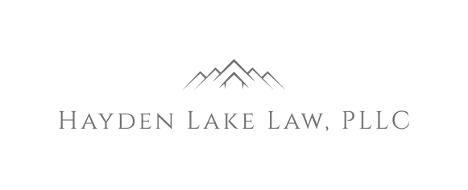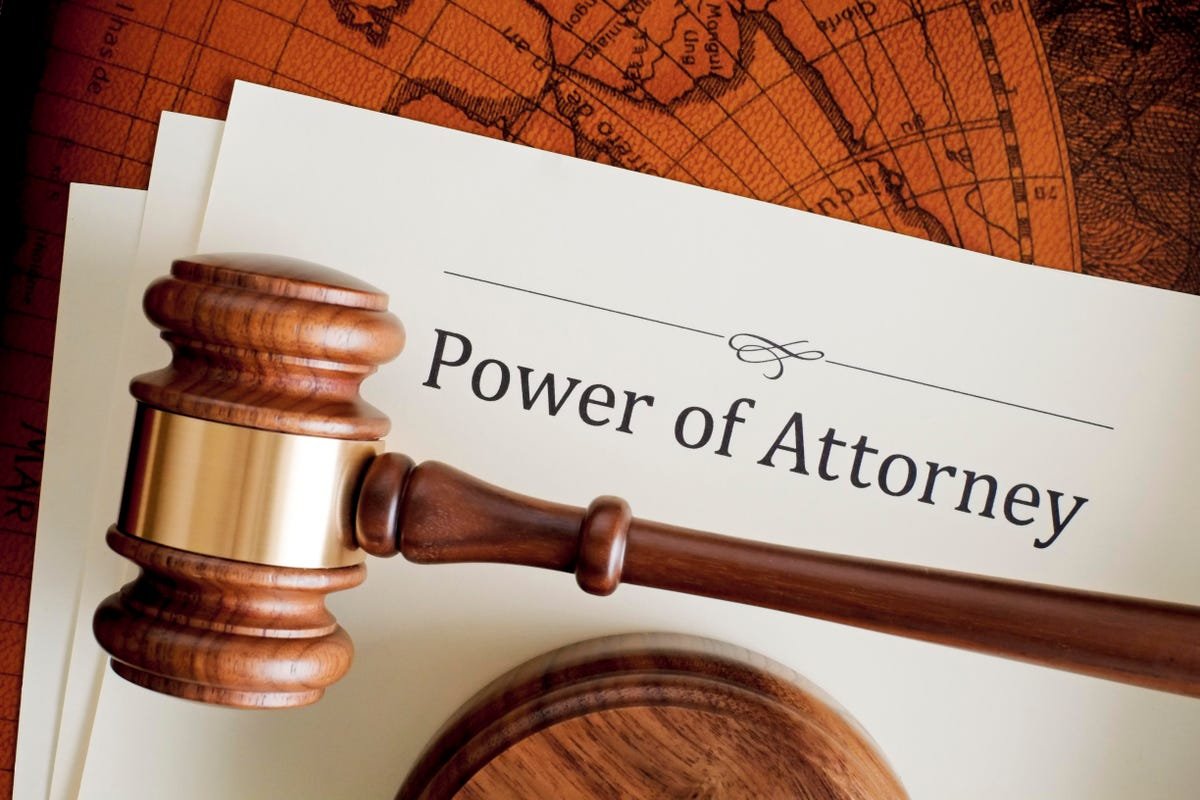Power of Attorney and Its Benefits
In the realm of estate planning, a Power of Attorney (POA) is a pivotal legal instrument that grants a designated individual the authority to act on another's behalf in specified matters. This delegation can encompass financial decisions, healthcare choices, or other personal affairs, ensuring that one's preferences are honored even when they cannot personally oversee them. For residents of Coeur d'Alene and the surrounding areas, understanding the nuances of POAs is essential for effective future planning.
Why Would You Need a POA?
Life is unpredictable, and circumstances such as illness, accidents, or extended travel can render an individual incapable of managing their affairs. A POA serves as a safeguard, allowing a trusted person to step in and make decisions aligned with the principal's wishes. Without a POA, families might face legal hurdles, including court-appointed guardianships, which can be time-consuming and costly. Establishing a POA ensures that personal and financial matters are handled smoothly, reflecting the principal's intentions.
How To Know When You Need A POA
Determining the necessity of a POA depends on individual circumstances. Consider the following scenarios:
Health Concerns: If diagnosed with a condition that may impair decision-making abilities, a POA ensures that healthcare and financial matters are managed appropriately.
Frequent Travel: Individuals who travel extensively may find it practical to have a POA in place to handle affairs during their absence.
Aging: As one ages, the likelihood of incapacitation increases. Proactively setting up a POA can prevent future complications.
Complex Financial Situations: Those with significant assets or business interests may require a POA to manage these effectively in unforeseen situations.
Consulting with a legal professional can provide clarity on the appropriate timing and type of POA suitable for one's unique situation.
Healthcare Power of Attorney
A Healthcare Power of Attorney empowers a designated agent to make medical decisions on behalf of the principal if they become incapacitated. This includes consenting to or refusing medical treatments, accessing medical records, and making end-of-life care decisions. In Coeur d'Alene, having a Healthcare POA ensures that medical choices are made by someone who understands and respects the principal's healthcare preferences.
Financial Durable Power of Attorney
A Financial Durable Power of Attorney grants an agent the authority to manage financial affairs, even if the principal becomes incapacitated. This can involve handling bank accounts, paying bills, managing investments, and overseeing real estate transactions. The "durable" aspect signifies that the POA remains effective despite the principal's incapacitation, providing continuity in financial management.
Benefits of Having a POA
Establishing a POA offers numerous advantages:
Control: Allows individuals to choose who will make decisions on their behalf, rather than leaving it to the courts.
Avoids Guardianship: Prevents the necessity of court-appointed guardianships, which can be costly and may not align with the principal's wishes.
Timely Decision-Making: Ensures that decisions, especially in emergencies, are made promptly without legal delays.
Peace of Mind: Provides assurance that affairs will be managed according to one's preferences, reducing stress for both the principal and their loved ones.
How Would a Person Obtain a Power of Attorney?
To establish a POA in Coeur d'Alene:
Consult an Attorney: Engage with a legal professional experienced in estate planning to ensure the POA meets all legal requirements and accurately reflects your intentions.
Draft the Document: Clearly outline the powers granted, the conditions under which they become effective, and any limitations.
Sign and Notarize: Execute the document in the presence of a notary public and, if required, witnesses, to ensure its legality.
Distribute Copies: Provide copies to the designated agent, relevant financial institutions, and healthcare providers as necessary.
For personalized assistance, consider reaching out to Hayden Lake Law, PLLC, a local firm specializing in estate planning services.
8 Legal Documents Often Confused with POAs
It's common to confuse POAs with other legal documents. Here's a clarification:
Living Will: Specifies medical treatment preferences but does not appoint an agent.
Guardianship: A court-appointed role to care for someone unable to manage their affairs.
Advance Directive: A broader term that may include a living will and a Healthcare POA.
Trust: Manages assets during one's lifetime and after death but does not grant decision-making authority over personal matters.
Last Will and Testament: Outlines asset distribution after death; a POA ceases upon death.
Healthcare Proxy: Similar to a Healthcare POA but may vary by jurisdiction.
Delegation of Parental Authority: Temporarily grants someone authority over a child's care.
Court Orders or Letters of Administration: Legal documents granting authority to act on behalf of a deceased or incapacitated person's estate.
Understanding these distinctions ensures that appropriate documents are in place for specific needs.
Things to Consider When Choosing an Agent - Hayden Lake Law
Selecting the right agent for your POA is crucial. Consider the following:
Trustworthiness: Choose someone reliable and capable of making sound decisions.
Proximity: An agent nearby can act more swiftly in emergencies.
Willingness: Ensure the person is willing to take on the responsibility.
Understanding of Your Wishes: The agent should be familiar with and respect your values and preferences.
At Hayden Lake Law, PLLC, we emphasize the importance of thoughtful agent selection and offer guidance to ensure your POA aligns with your goals.
Establishing a Power of Attorney is a proactive step in safeguarding your future and ensuring that your affairs are managed according to your wishes. For residents in Coeur d'Alene and the surrounding areas, consulting with experienced professionals like those at Hayden Lake Law, PLLC can provide the necessary guidance to navigate this essential aspect of estate planning.
Frequently Asked Questions About Power Of Attorney
| Question | Answer |
| What is a Power of Attorney, and why is it important? | A Power of Attorney (POA) is a legal document that allows you to appoint a trusted person (your agent) to make decisions on your behalf. It is crucial for managing personal, financial, or healthcare matters if you become incapacitated or unavailable. Without a POA, families may face legal hurdles, such as court-appointed guardianships, which can be costly and time-consuming. |
| How do I know when I need a Power of Attorney? | You might need a POA if:
|
| What’s the difference between a Healthcare Power of Attorney and a Financial Durable Power of Attorney? | A Healthcare Power of Attorney authorizes an agent to make medical decisions on your behalf, such as consenting to or refusing treatments and making end-of-life care choices. A Financial Durable Power of Attorney allows an agent to manage your financial affairs, including paying bills, managing investments, and handling real estate transactions. The "durable" nature ensures it remains effective even if you become incapacitated. |
| How can I set up a Power of Attorney in Coeur d'Alene? | To create a legally binding POA:
|
By carefully considering the need for a trust and the benefits it can provide, you can make informed decisions about your estate planning. Hayden Lake Law is committed to helping you navigate this complex process, providing personalized and professional services to protect your legacy and support your loved ones. This article is meant to be informational and should not be considered legal advice.


